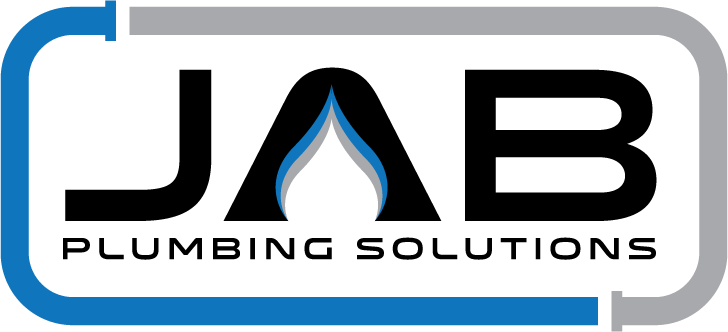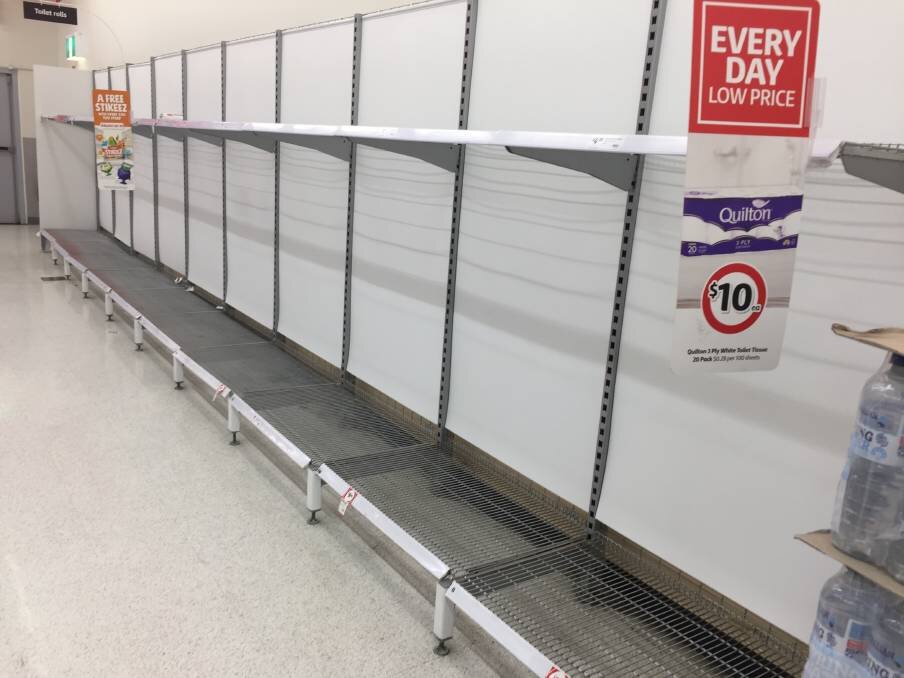Sewerage systems in Sydney and around the world are under siege from a new breed of fatberg amidst Covid-19 toilet paper shortages.
Widespread panic buying of toilet paper and other tissue products has left many customers desperate for alternatives. Unaware of the problems it can cause, many consumers are substituting toilet paper for kitchen rolls and wet-wipes.
CLEANED OUT: Empty supermarket shelves are becoming a familiar sight in Australia and around the world thanks to Covid-19 panic buying. Picture: David Stewart
However, these products are not designed for use in wastewater systems. Flushing these products only exacerbates the existing fatberg problem, causing bigger headaches for water treatment companies.
‘Fatbergs’ are large formations of grease and non-biodegradable materials that end up in the sewer pipes. The main cause of fatbergs is grease and oil being poured down sink drains. These substances congeal in the pipes, forming a thick coating on the interior lining of pipes. Grease not only sticks to the pipes. It also acts like glue binding together other debris in the pipes.
Fatbergs prevent sewage from moving freely through the pipes can can cause large scale sewer back ups. In 2019, a seven-metre long fatberg found in the Brisbane suburbs of Bowen Hills had to be removed by a crane, reported the ABC.
In New South Wales, Hunter Water had to remove a a 14-tonne blockage from their wastewater treatment plant at Morpeth in 2019. The operation required specialist equipment and took several days to complete.
"Not only are sewer blockages disgusting and unpleasant for our crews to remove, they are also expensive," Hunter Water's acting executive manager of service delivery for customers, Glen Robinson, told Lakes Mail.
These Australian fatbergs pale in comparison to the monstrous fatbergs found in the UK. In 2019, a huge 40-tonne fatberg was found blocking a sewer in Greenwich, South London. The fatberg took workers from Thames Water three weeks to clear using jet blasters and other machinery, reported Smart Water Magazine.
According to The Guardian, Thames Water clears around 75,000 blockages from its network of sewers each year, at a cost of £18m.
“Fatbergs are a vivid reminder to us all that out of sight is not gone for ever,” a Thames Water spokesperson said. “They are like monsters from the deep, lurking and slowly growing under our feet. Our advice is always to bin your fat and wipes, and don’t feed the fatberg.”
“If kitchen towels, baby wipes or industrial papers are used as a replacement for toilet paper, our sewage systems could readily become blocked with the resulting chaos and increased health risks associated with this. Ultimately, water companies may not have the infrastructure and equipment to unblock the sewer system.”
In the wake of Covid-19 panic buying, water companies continue urging customers to remain diligent about what they flush down the toilet. Hunter Water warns that products such as paper towel, tissues and wet wipes do not break down properly and can contribute to large blockages in the wastewater system.
The advice is clear: to prevent blocked sewers only ever flush the three P’s – pee, poo and (toilet) paper. Place everything else in the bin.
RELATED ARTICLES:








